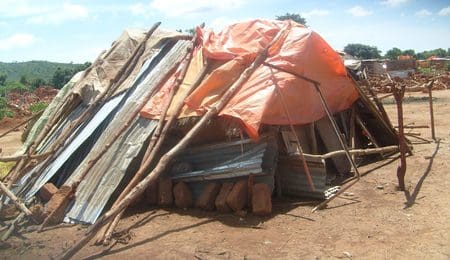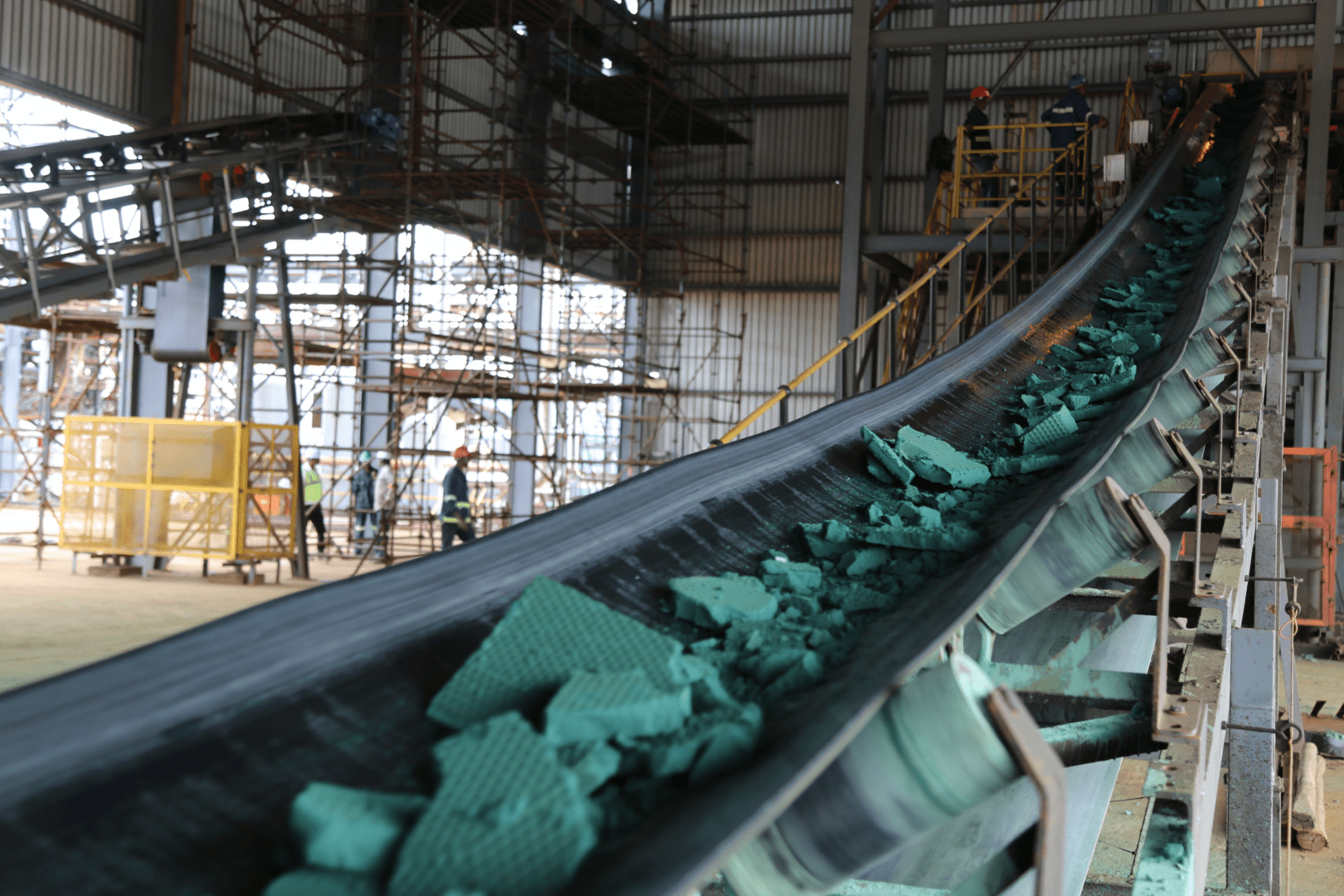The Democratic Republic of the Congo (DRC) has the largest reserve of cobalt in the world and the seventh-largest of copper, and both minerals are used to produce lithium-ion batteries. These batteries power our smartphones, laptops, electric cars, and more.
The push for newer, “green” technologies has caused the demand for cobalt to triple since 2010. To expand mine development, people are being forcibly evicted from their houses. Thousands of people have lost their homes, schools, hospitals and communities.
President Tshisekedi describes the DRC as a “climate solution country.” Now he has the chance to become a global leader in climate justice and prove that in the DRC, protecting human rights is an integral part of a just energy transition.
Take one or more of these actions below to make your voice heard!
Remind him of his promise and demand him to stop forced evictions in the DRC.
Sign the petition
OR email him at [email protected]
Call the Congolese Embassy between 10:30 and 3:30 EST using the script below:
“Hi, my name is [Name] and I am calling from [city/state].
I am calling to pass along a message to President Tshisekedi [Shih-ked-ee] to tell him to end forced evictions in Kolwezi and put people before profit. President Tshisekedi [Shih-ked-ee] has the chance to become a global leader in climate justice and prove that in the DRC protecting human rights is an integral part of a just energy transition.”
Given the close working relationship between the U.S. and the DRC, it is vital the U.S. lives up to its own stated principles.
Email him at [email protected]
OR write:
Secretary Blinken
2201 C Street NW
Washington, DC 20520
Dear Secretary Blinken,
When Felix Tshisekedi was initially elected President of the Democratic Republic of Congo his administration promised that things would be different, and the rich mineral resources of the DRC would benefit its people first. However, research by Amnesty International and the Initiative for Good Governance and Human Rights tells a grimmer story. Frontline communities living in and around Kolwezi are forcibly evicted from their homes and farmlands to pave the way for industrial cobalt and copper mining, often without proper consultation or just and fair compensation.
These findings also show that resettlement options are scarce, and alternative housing lacks basic amenities and social infrastructure such as schools, health centers or recreational sites.
The Biden Administration has regularly touted both its rights-centered foreign policy as well as a commitment to a just energy transition. It is vital the U.S. lives up to its own stated principles. Given the close working relationship between the U.S. and the DRC, I urge you to:
- Ask President Tshisekedi to put a moratorium on further mass evictions in the mining sector; and
- Support the new Congolese government in implementing procedures and laws to protect the rights of frontline mining communities. This includes sharing best practices from other resource rich countries and financial support to conduct meaningful consultations with impacted communities; and
- Work with U.S. based companies and investors to ensure they are following Congolese law.
I urge you to use the momentum of Tshisekedi’s recent re-election to encourage change in Congolese mining practices. As the U.S. benefits from Congolese resources, it is vital to support a just energy transition and ensure Congolese communities are not left behind.
Sincerely,
YOUR NAME
POWERING CHANGE OR BUSINESS AS USUAL?
Amnesty International recognizes the vital function of rechargeable batteries in the energy transition from fossil fuels. But climate justice demands a just transition.
Decarbonizing the global economy must not lead to further human rights violations.

Everyone has a right to adequate housing
Let’s ensure the energy transition protects people and their right to a home. Let’s ensure the DRC is truly a solution country for the energy transition and not a sacrifice zone.

